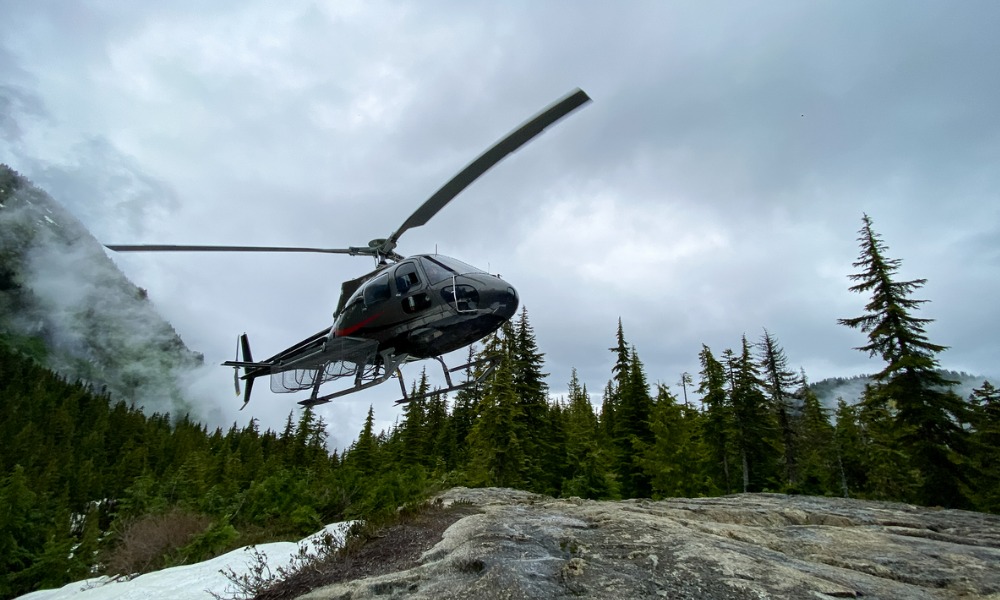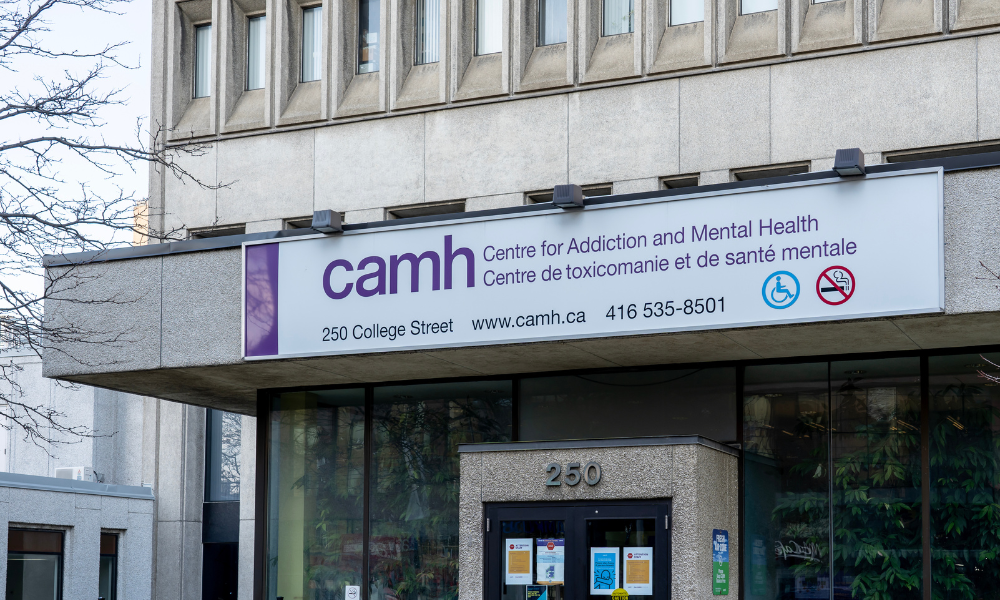TSB 'is not aware of any safety action taken following this occurrence'

The pilot flying the helicopter that crashed in British Columbia two years ago was sick days prior to the incident, according to a report from the Transportation Safety Board of Canada (TSB).
On Nov. 9, 2022, the Geotech Aviation Ltd. Airbus Helicopters AS350 B3 helicopter flew from a staging area at Kitsault, B.C. for a visual flight rules flight to conduct an airborne geophysical survey over mountainous terrain. Only the pilot was on board the chopper.
The helicopter flew to the survey area that was located approximately 12 nautical miles south-southwest of the staging area. After approximately 1.5 hours of flying and 6 low-level survey passes, the pilot reported feeling unwell and stated that he was returning to the staging area earlier than scheduled.
The helicopter did not arrive at the staging area, and an emergency locator transmitter signal was received by the Joint Rescue Coordination Centre in Victoria, British Columbia at 1118.
A search and rescue aircraft found the helicopter 2 nautical miles south-southwest of the staging area on a heavily forested mountainside, according to TSB.
The pilot received fatal injuries. The occurrence helicopter was destroyed.
Following its investigation, TSB said investigators couldn't "determine the full context" of the fatal crash because the helicopter did not have flight data recording equipment that captures images and audio from aircraft cockpits.
However, “during the occurrence flight, the pilot experienced a medical event likely causing a degree of incapacitation that resulted in an erratic flight path, and the helicopter impacted terrain,” said TSB.
TSB also found conditions, unsafe acts or safety deficiencies that “were found not to be a factor in this occurrence but could have adverse consequences in future occurrences”. These include:
- If Civil Aviation Medical Examiners are not informed by physicians and pilots about medical conditions and/or medications that could affect the safe operation of an aircraft, there is an increased risk that pilots will be certified without appropriate safety mitigations in place.
- If physicians are not regularly informed and updated on their federal responsibilities to report medical conditions and/or medications that may affect flight safety, Transport Canada may not have the information required to accurately determine a pilot’s medical fitness for flight.
- If cockpit and flight data recordings are not available to an investigation, there is a risk that safety deficiencies will not be identified to advance transportation safety.
TSB has previously recommended that flight data recorders be required on commercial and private aircraft where they are not required now.
“The benefits of recorded flight data in aircraft accident investigations are well known and documented,” it said.
Transport Canada agreed to the recommendation, but there have been "lengthy delays in implementation," said TSB. Transport Canada has indicated that the date for the Notice of Proposed Amendment (NPA) to be published has been extended into 2024-25 to allow for additional analysis
TSB also noted that it “is not aware of any safety action taken following this occurrence”.





